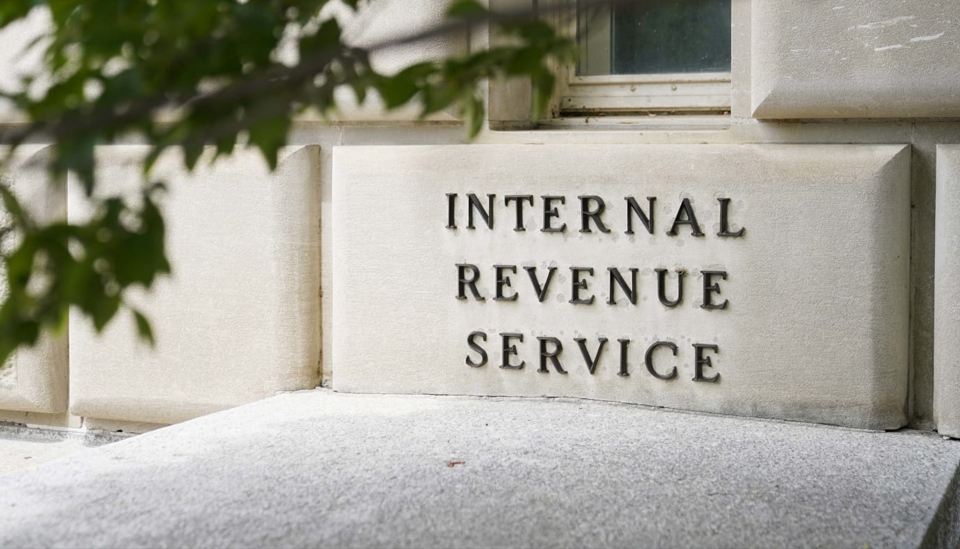The IRS has recovered over $1 billion in unpaid taxes from millionaires who had been avoiding payment of undisputed tax bills — until the agency began intensifying enforcement on wealthy households. Less than a year after identifying 1,600 wealthy households with tax debts of at least $250,000 each, the IRS and Treasury officials announced this significant milestone on Thursday.
This collection effort is ongoing and represents a tougher stance on rich taxpayers and businesses by a better-staffed IRS. The Inflation Reduction Act of 2022 allocated billions to the IRS to enhance its operations, hire more staff, and target wealthy tax evaders. Since then, the agency has been highlighting its plans to utilize the funds and its early successes.
Tax lawyers and accountants with affluent clients are taking notice of the IRS’s deeper push, while the additional enforcement funding has sparked controversy among Republicans in Congress. Democrats praised the IRS’s announcement, with U.S. Sen. Elizabeth Warren tweeting: “Democrats boosted IRS funding, and it’s already gotten back $1 BILLION from millionaire tax cheats. Republicans want to cut IRS funding again to protect their rich tax-dodging buddies — no way.”
IRS Commissioner Danny Werfel described the $1 billion recouped as a “staggering number,” especially compared to the minimal amount of back taxes collected from wealthy taxpayers before the Inflation Reduction Act. “Our increased work in this area means that past-due tax bills from high-end taxpayers are no longer being left on the table, like they were too often in the past,” Werfel said.
Handling these cases requires time and staff, Werfel added. The IRS now has approximately 90,000 full-time-equivalent workers, up from 79,000 employees in fiscal year 2022. The additional personnel is crucial, particularly when the IRS has to follow up on multiple requests for tax payments. The initial pay-up requests to delinquent millionaires began with IRS letters, which recipients sometimes ignored or questioned before ultimately agreeing to pay. “If we are not following up, taxpayers will hold out,” Werfel noted. “We’ve learned that.”
More than 1,500 of the 1,600 delinquent cases have been assigned, and the effort is expected to yield more money in the coming months, Werfel added. The $1 billion collected through the spring came from over 1,200 taxpayers, according to the IRS.
Broadly speaking, the IRS collected $104.1 billion in unpaid tax assessments in fiscal year 2023, according to its most recent statistics. The agency targeted the 1,600 taxpayers with at least $1 million in income last September, following an initial $38 million collection in back taxes from a smaller group of households with similar income levels.
“This initiative has been a huge success,” Treasury Secretary Janet Yellen said. The $1 billion mark demonstrates “the IRS can successfully launch strategic new initiatives and achieve the greatest return on investment.”
While these back-tax payments are early wins for the IRS, the agency hopes to recover more unpaid taxes as it intensifies high-level enforcement. For instance, it has contacted over 125,000 high-income households that have not filed tax returns in years, urging them to file promptly. The IRS expects to have early estimates on collections from these unfiled tax returns by the fall, Werfel said.
Source: Market Watch

